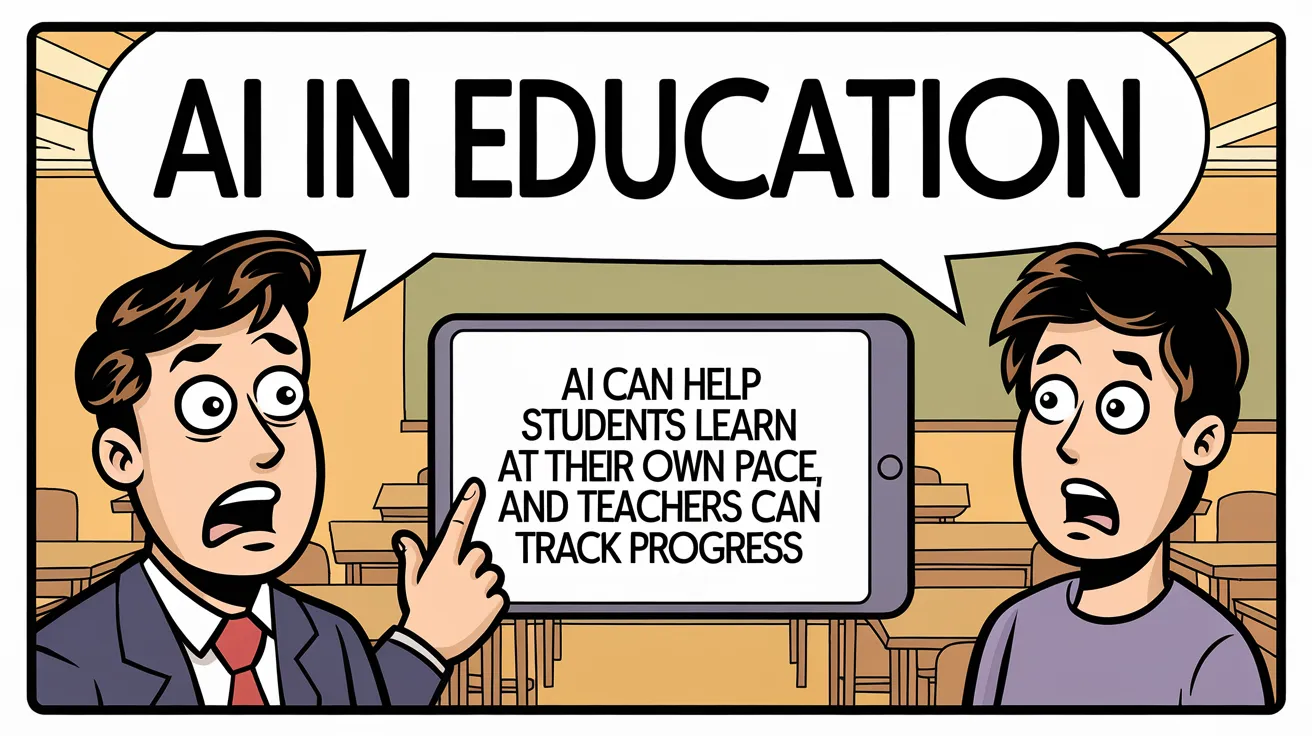AI Access for Students Raises Concerns

The accessibility of artificial intelligence (AI) tools through popular social messaging platforms like Snapchat has prompted urgent discussions within the education sector in Ireland. According to Patrick Hickey, a prominent educational expert, many students can quickly access AI-powered features that can complete homework assignments in mere seconds, thus presenting significant challenges for educators.
Unawareness Among Educators
Hickey warns that a majority of teachers, principals, and parents remain unaware of the extent to which students can leverage AI in their academic work. As the rollout of Leaving Certificate reform is planned, concerns are growing regarding how advancements in AI technology may impact academic integrity and the learning process. The dissemination of AI tools that claim to help students complete numerous hours of work in an instant raises alarms about the potential devaluation of education.
The Role of Social Media in AI Promotion
An investigation by the Irish Examiner revealed a plethora of social media content actively promoting AI software tailored for students, often advertised with claims of being “undetectable” by educators. The viral nature of these promotions encourages students to ‘speedrun’ tasks such as essays, feeding into an environment where shortcuts are readily available. It becomes increasingly necessary to assess the influence of social media platforms on educational standards and ethics.
Experiments Highlight AI Capabilities
Utilizing Snapchat’s My AI feature, the Irish Examiner undertook a test with random questions typical for 15-year-old students. The chatbot demonstrated impressive capabilities, not only answering questions from various subjects such as maths, history, and languages but also generating thoughtful responses to complex assignments, including a 500-word analysis of a Shakespearean play. Such results indicate the profound implications AI could have on students’ workload and learning efforts.
Calls for Caution and Regulation
In light of these revelations, Hickey advocates for a pause on the current reforms to carefully consider AI’s implications on education. The fear is that investments in training and resources may quickly become outdated as technology evolves. “We are going to spend an awful lot of time and money on training and resources and it’s going to be obsolete,” he noted, signaling the need for a proactive approach in educational training regarding AI.
Department of Education’s Response
In response to these challenges, a spokesperson for the Department of Education explained that they are working on guidance to assist educators in incorporating AI effectively in their teaching methodologies. This guidance is expected to be distributed by the end of March. The department is partnering with organizations like Webwise to provide instructional materials and insights about AI tools, helping teachers navigate this rapidly changing educational landscape while ensuring that student safety and academic integrity remain priorities.
Parental Controls and Monitoring
Snapchat has implemented measures such as the Family Center, enabling parents to monitor their teenagers’ use of the My AI feature. This initiative reflects an understanding of the necessity for oversight in a digitally driven educational environment. As AI tools continue to proliferate, the emphasis remains on balancing innovation with safeguarding the educational experience.